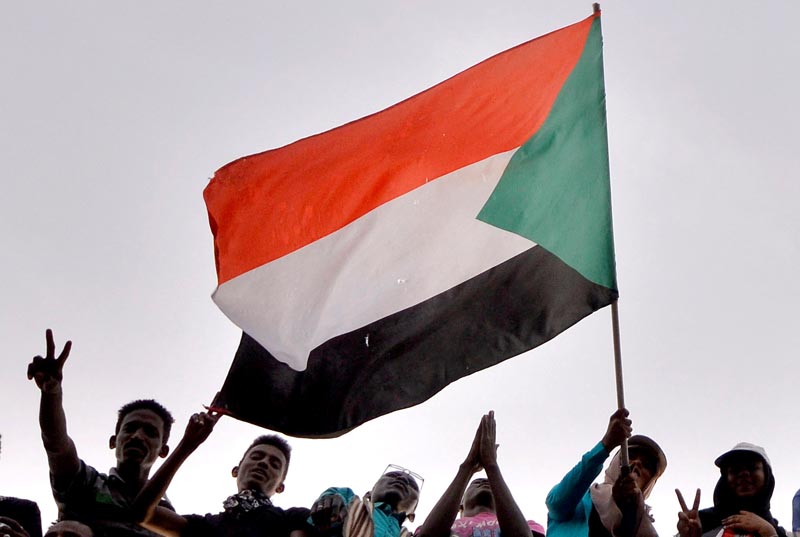Sudan government off of US religious freedom blacklist
CAIRO: The United States dropped Sudan from its list of nations that severely violate religious freedoms, signalling increased support for Sudan's newly created transitional government.
In a statement, the US State Department said it upgraded Sudan to a special watch list for religious freedom, citing "significant steps taken by the civilian-led transitional government."
Sudan's joint military-civilian body was established in August after a popular uprising ousted former authoritarian president Omar al-Bashir. The State Department praised the new government for its efforts "to address the previous regime's systematic, ongoing, and egregious violations of religious freedom."
Sudan cheered the move as the latest sign of warming ties with the US, as it seeks to persuade American officials to remove Sudan from a far more serious blacklist: state sponsors of terrorism. The designation subjects Sudan to sanctions, hindering the new government's attempts to relieve its debt crisis and attract foreign investment during its fragile transition to democracy.
During Prime Minister Abdalla Hamdok's first visit to the White House earlier this month, the US announced that the countries would upgrade their diplomatic relations by exchanging ambassadors for the first time in over two decades.
Sudan's Minister of Religious Affairs Nasser al-Din Mufrah on Saturday welcomed Washington's "important step," saying his government is working hard to restore religious freedoms. Those freedoms had prevailed in Sudan before the autocrat al-Bashir seized power in an Islamist-backed military coup in 1989. Al-Bashir became known for fueling ethnic and religious tensions in the diverse nation, waging wars against mainly Christian and animist rebel groups in the country's south.
"We will proceed in the direction of promoting recognition, respect and protection for all rights," wrote al-Din Mufrah in a message on his Facebook page.
Other nations on the US religious freedoms blacklist include Iran, China, North Korea, Pakistan and Saudi Arabia.






